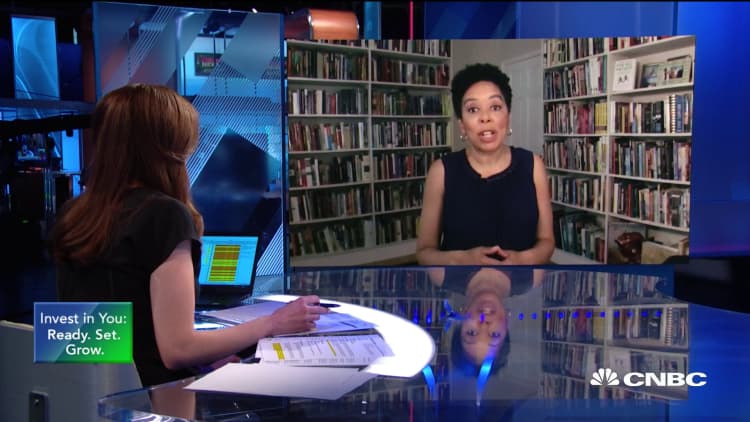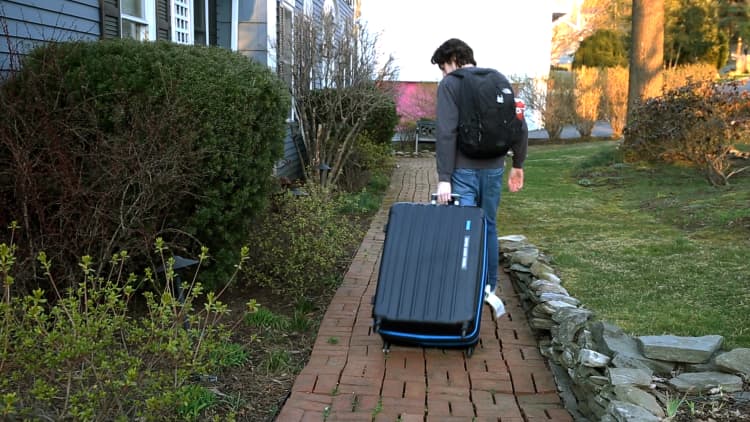
As the financial strain on the families of college students worsens, there's one measure few schools have considered until now.
A number of colleges are freezing tuition in hopes of attracting more students and families struggling with the weight of a higher-education tab.
In the face of Covid-19, the College of William & Mary said it would roll back a previously approved 3% tuition increase and keep tuition and fees for all students unchanged for the coming year.
Delaware Valley University in Pennsylvania, Kansas City University and Central Michigan University, among other colleges across the country, all announced similar measures to freeze undergraduate tuition and fees.
"We know if we do this other universities may do it," said Central Michigan University's president, Robert Davies.
More from Personal Finance:
Demand for refunds intensifies among college students
College enrollment could drop if schools stay closed
As college classes move online, don't expect a tuition discount
According to Davies, the last time CMU instituted a tuition freeze was in 1993, nearly three decades ago. Today, Michigan is suffering some of the biggest job losses of any state due to coronavirus.
"Over 60% of families are experiencing some sort of financial setback," Davies said.
"Rolling this package out is sending a very loud signal that we want to keep education within the reach of every student," he said of the initiative, which also includes deferred payment plans and guaranteed on-campus employment.
Tuition has historically risen about 3% a year, according to the College Board.
In the years leading up to the current crisis, deep cuts in state funding for higher education have contributed to significant tuition increases and pushed more of the costs of college onto students, according to an analysis by the Center on Budget and Policy Priorities, a nonpartisan research group based in Washington, D.C.
At private four-year schools, average tuition and fees rose 26% over the last decade. Tuition plus fees at four-year public schools, which were harder hit, jumped 35% over the same period.
The cost of attending a four-year public college or university has grown significantly faster than income over the same time period.
Because so few families can shoulder the burden, they have increasingly turned to federal and private aid to help foot the bills.
Now, more than half of families take out loans or otherwise borrow, according to Sallie Mae's most recent "How America Pays for College" report, pushing outstanding student debt to a stunning $1.6 trillion.
Among the almost 70% of students who borrow for school, the typical senior now graduates with nearly $30,000 in debt.

Still, a tuition freeze may not be enough to entice students as financial concerns become paramount.
A growing number of undergraduates are saying that remote learning is just not worth the cost and, in some cases, have even filed lawsuits seeking refunds.
Some students are considering staying close to home, enrolling in in-state public school or community college or even taking a gap year to weather the storm.


